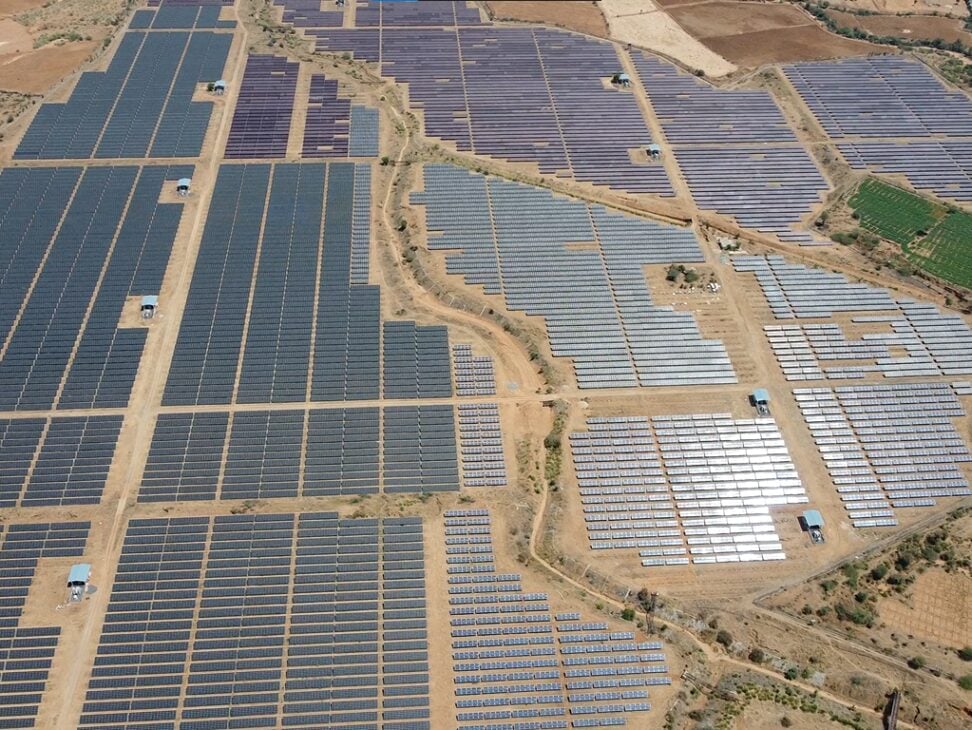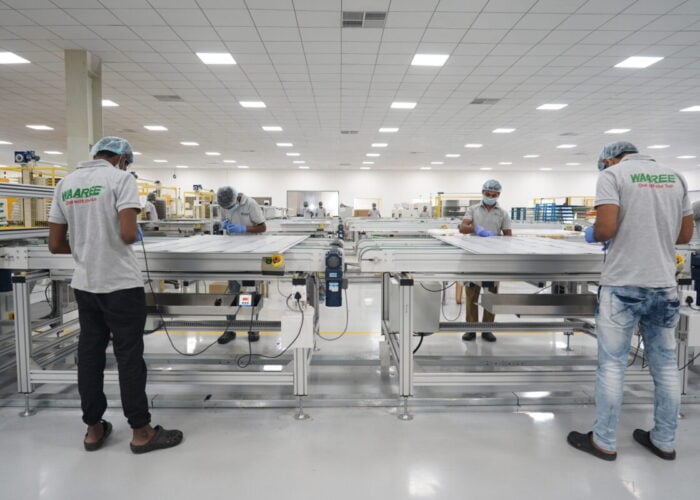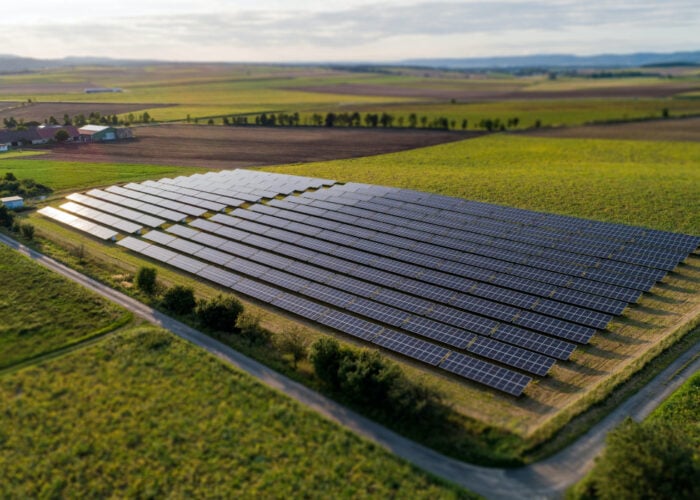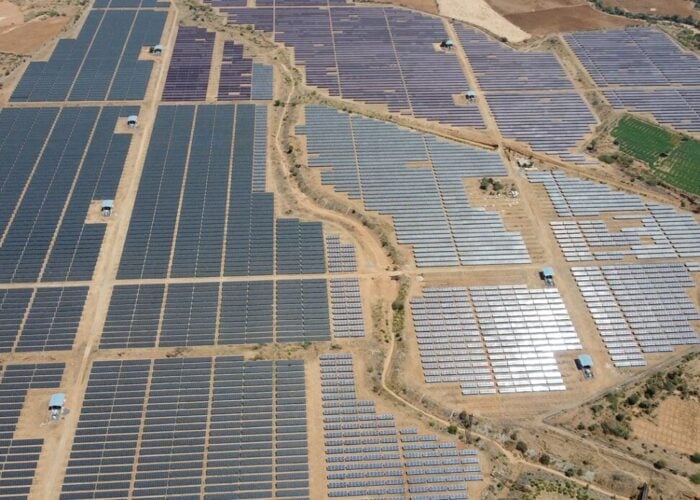
Renewable energy infrastructure investor Actis has acquired Stride Climate Investments, from the Macquarie Group, and with it a 371MW portfolio of operating solar assets in India.
The portfolio consists of 21 projects across seven states, including Gujarat on the west coast of India. These projects have “long-term pay-as-produce” power purchase agreements (PPAs) in place, according to Actis, with both private partners and state and central governments.
Unlock unlimited access for 12 whole months of distinctive global analysis
Photovoltaics International is now included.
- Regular insight and analysis of the industry’s biggest developments
- In-depth interviews with the industry’s leading figures
- Unlimited digital access to the PV Tech Power journal catalogue
- Unlimited digital access to the Photovoltaics International journal catalogue
- Access to more than 1,000 technical papers
- Discounts on Solar Media’s portfolio of events, in-person and virtual
Or continue reading this article for free
With the completion of this acquisition, valued at around US$325 million, Actis now owns three energy generation platforms in India, alongside BluPine Energy and Athena Renewables.
The investor also now operates more than 5.5GW of renewable energy capacity across Asia. Last year, Actis subsidiary Nozomi Energy acquired a 312MW solar portfolio in Japan, while Actis directly entered a partnership with a 3.5GW, 4.5GWh solar-plus-storage project in the Philippines.
“The Indian economy is continuing to grow rapidly and its energy transition is accelerating apace, with the government aiming to secure 50% of the country’s electricity from renewables by 2030,” said Abhiskeh Bansal, partner of energy infrastructure at Actis.
“This environment is therefore creating ample opportunities, especially for an investor such as Actis with expertise in driving efficiency and creating value in this market.”
India’s renewable energy sector has seen considerable growth in recent months, with the government tendering a record 73GW of utility-scale renewable energy capacity in 2024. However, questions remain regarding the upstream components of the Indian solar supply chain, after the Ministry of New and Renewable Energy (MNRE) said that products that use imported wafers would not be classified as ‘domestically produced’, as India looks to incentivise investment in its domestic PV manufacturing sector.







